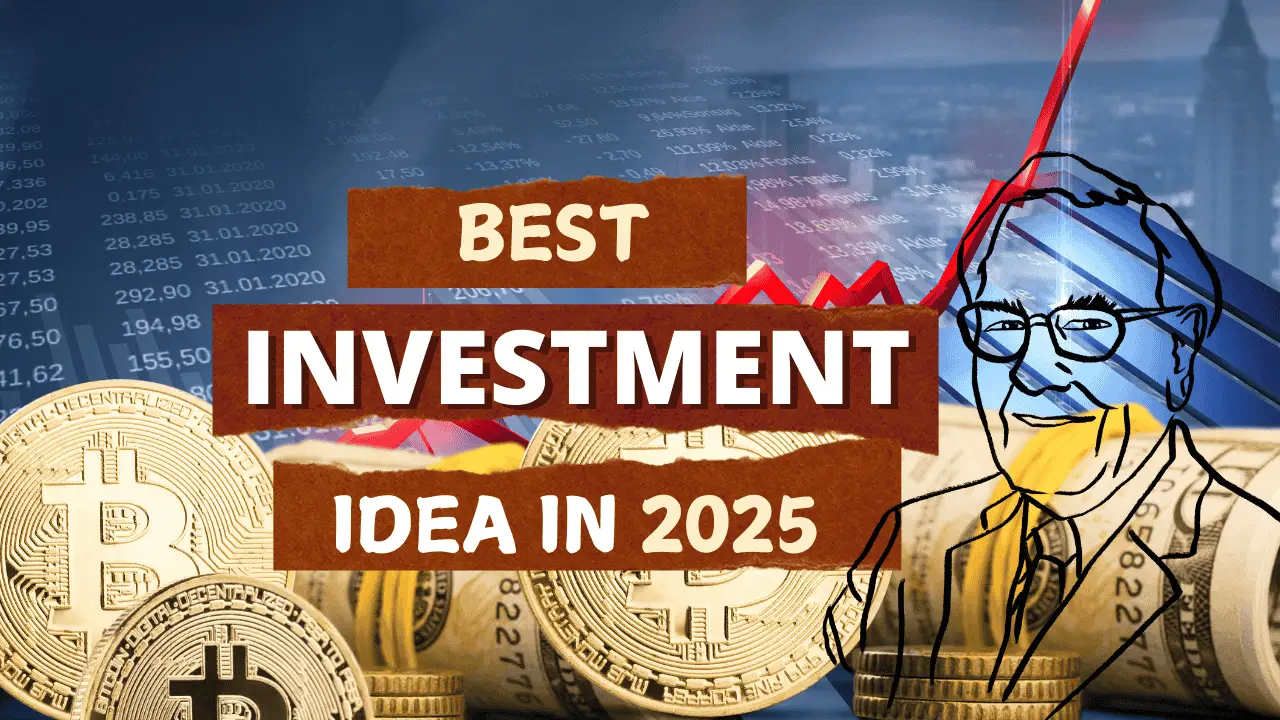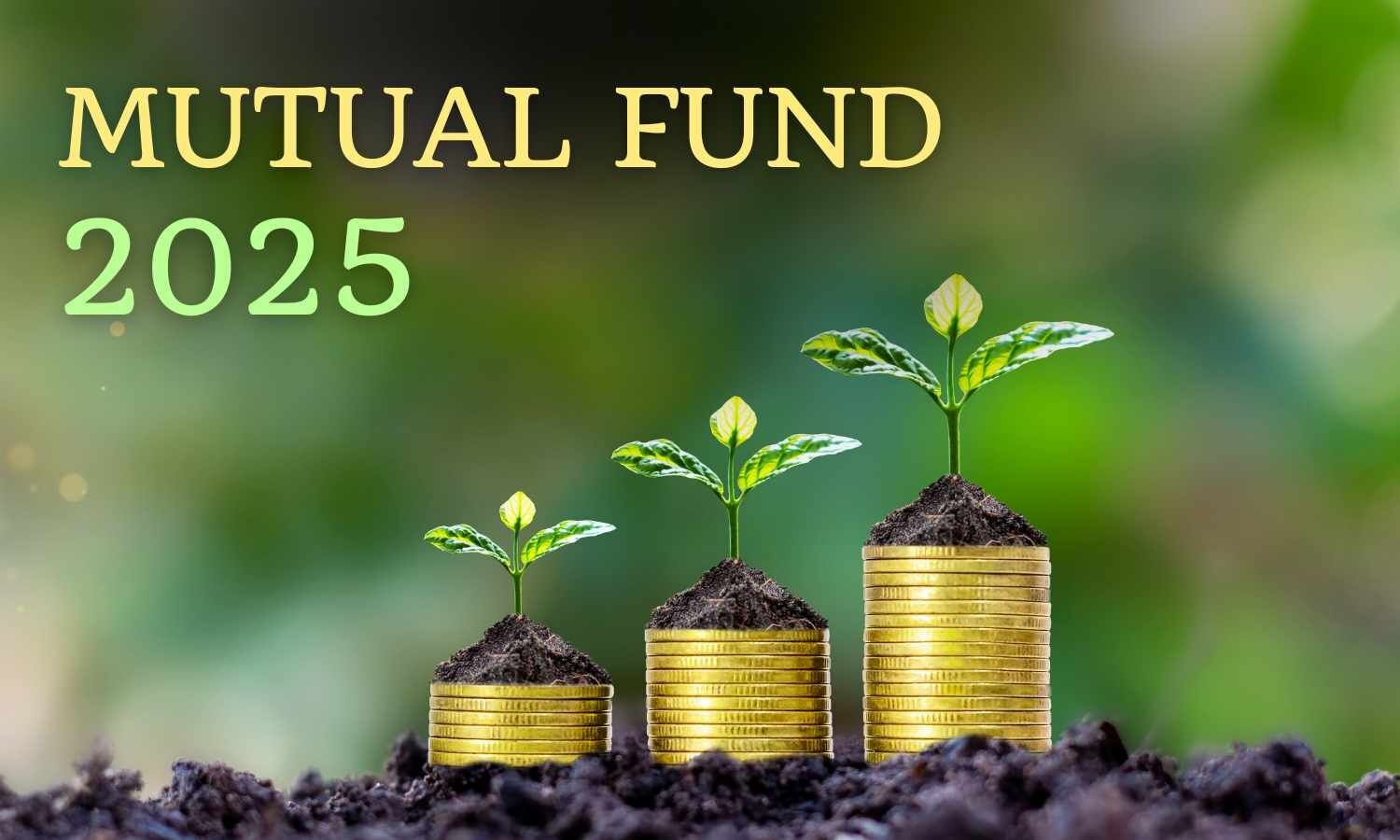What Are The Best Investment Opportunities In 2025?
Introduction
As we move deeper into the digital age, 2025 brings with it a host of new and evolving investment opportunities. Global economic recovery, technological advancements, demographic shifts, and increased focus on sustainability have reshaped how and where investors are placing their bets. Whether you’re a seasoned investor or just starting, understanding the best investment opportunities in 2025 can help you grow and secure your financial future.
This article explores the top sectors and instruments for investing in 2025, with deep insights into emerging markets, technologies, and strategies. We’ll also address frequently asked questions and offer a conclusive summary with key takeaways.
Key Takeaways
- AI, clean energy, and biotech are expected to dominate the investment landscape in 2025.
- Real estate and emerging markets offer growth opportunities with moderate risk.
- FinTech and blockchain technologies are revolutionizing how people interact with money and finance.
- A diversified portfolio that includes traditional and alternative assets will provide stability and potential for high returns.
- Stay informed and monitor global economic shifts, especially around inflation, interest rates, and regulation.
1. Artificial Intelligence and Automation

Artificial Intelligence (AI) is no longer the future — it’s the present. AI is embedded in almost every sector, from healthcare and finance to transportation and entertainment.
Why Invest in AI?
- The AI industry is expected to reach over $400 billion in value by 2027.
- Companies using AI for automation, customer service, and big data analysis are outperforming their competitors.
- AI reduces operational costs and boosts productivity.
How to Invest:
- Stocks: NVIDIA, Alphabet, Microsoft, AMD, Palantir
- ETFs: Global X Robotics & AI ETF (BOTZ), iShares Robotics and Artificial Intelligence ETF (IRBO)
- Private Equity or Startups: AI-focused startups in health, finance, or cybersecurity
2. Renewable Energy and ESG Investing
Environmental, Social, and Governance (ESG) investing is no longer niche — it’s mainstream. With global climate goals in focus, 2025 is a pivotal year for clean energy investments.
Top Sectors:
- Solar and wind energy
- Hydrogen fuel technology
- Electric vehicles (EVs)
- Sustainable packaging and water conservation
Why It’s a Strong Bet:
- Governments worldwide are offering incentives and tax credits for green energy.
- Consumer demand for sustainability is at an all-time high.
- Institutional investors are increasingly allocating funds to ESG-compliant firms.
How to Invest:
- ETFs: iShares Global Clean Energy ETF (ICLN), Invesco Solar ETF (TAN)
- Stocks: Tesla, Enphase Energy, NextEra Energy
- Green Bonds and Infrastructure Funds
3. Biotechnology and Healthcare Innovation

The healthcare sector, especially biotechnology, is poised for growth in 2025 due to aging populations and post-pandemic innovation.
What’s Driving Growth?
- Personalized medicine and gene editing (CRISPR)
- mRNA vaccine technology (beyond COVID-19)
- Telemedicine and AI diagnostics
- Wearable health technology
Investment Avenues:
- Stocks: Moderna, Illumina, CRISPR Therapeutics, Teladoc Health
- ETFs: ARK Genomic Revolution ETF (ARKG), iShares U.S. Healthcare Providers ETF (IHF)
4. Financial Technology (FinTech)
FinTech is disrupting traditional banking by offering faster, cheaper, and more accessible financial services.
Growth Areas:
- Digital wallets and mobile banking
- Blockchain and decentralized finance (DeFi)
- Online lending and robo-advisors
- Crypto payment systems
How to Participate:
- Stocks: Square (Block), PayPal, SoFi, Coinbase
- ETFs: ARK Fintech Innovation ETF (ARKF), Global X FinTech ETF (FINX)
Tip: Consider investing in infrastructure for FinTech like cybersecurity, cloud computing, and blockchain protocols.
5. Real Estate in the Digital Era
While traditional real estate remains valuable, digital innovations and shifting demographics have transformed the sector.
Where to Look in 2025:
- REITs (Real Estate Investment Trusts): Especially in logistics, warehousing, and data centers
- Smart Cities and Green Buildings
- Vacation Rentals and Co-living Spaces
- Commercial Properties in Rebounding Urban Areas
Key Real Estate Trends:
- Remote work and hybrid models affecting urban office demand
- Tech-enabled property management
- Investing via fractional property ownership or crowdfunding platforms like Fundrise
6. Emerging Markets and Global Diversification
Emerging markets (EMs) like India, Brazil, Vietnam, and parts of Africa are projected to drive global economic growth in 2025.
Benefits of Investing in EMs:
- High growth potential
- Young populations with increasing purchasing power
- Under-penetrated markets ripe for technological disruption
How to Gain Exposure:
- ETFs: Vanguard FTSE Emerging Markets ETF (VWO), iShares MSCI Emerging Markets ETF (EEM)
- Foreign Direct Investment (FDI)
- International Real Estate or Infrastructure Projects
7. Cryptocurrencies and Blockchain Projects
Despite regulatory scrutiny, blockchain is here to stay. Beyond Bitcoin, investors are exploring decentralized apps (dApps), NFTs, and smart contracts.
Promising Areas:
- Ethereum-based platforms
- Layer-2 scaling solutions like Polygon
- Real-world asset (RWA) tokenization
- Stablecoins and central bank digital currencies (CBDCs)
How to Invest Safely:
- Direct Purchases: Bitcoin, Ethereum, Solana
- Crypto ETFs or Trusts: Grayscale Bitcoin Trust (GBTC), ProShares Bitcoin Strategy ETF (BITO)
- Blockchain Stocks: Coinbase, Marathon Digital, Riot Blockchain
8. Infrastructure and Government-Backed Projects
| Sector | Description | Example Investments | Potential Returns | Risk Level | Government Involvement |
|---|---|---|---|---|---|
| 5G & Broadband Expansion | Rollout of high-speed internet and 5G networks across cities and rural areas | AT&T, Verizon, Ericsson, PAVE ETF | Medium to High | Moderate | High (subsidies, incentives) |
| Green Energy Infrastructure | Building solar farms, wind turbines, and upgrading power grids | NextEra Energy, Brookfield Renewable Partners, ICLN ETF | High | Moderate | Very High (global initiatives) |
| Smart Cities & Urban Transit | Smart lighting, surveillance, electric public transit, autonomous systems | Siemens, Tesla (EV infrastructure), Infrastructure REITs | Medium to High | Moderate | High (urban development funds) |
| Roads, Bridges & Highways | Repairing and expanding transportation networks | Vulcan Materials, Caterpillar, PAVE ETF | Moderate | Low to Moderate | High (federal/state projects) |
| Water & Waste Management | Modernizing water systems and sustainable waste solutions | American Water Works, Veolia, Utilities ETFs | Steady | Low | High (municipal budgets) |
| Data Centers & Cloud Infra | Expanding data storage and computing infrastructure | Equinix, Digital Realty Trust, Real Estate Infrastructure REITs | Medium to High | Moderate | Medium (indirect support) |
| Ports & Logistics Hubs | Upgrading global trade and logistics facilities | Prologis, Global Logistic Properties, Logistics ETFs | Medium | Moderate | Medium (trade incentives) |
| High-Speed Rail Projects | Investment in national and regional rail expansion | Alstom, Siemens Mobility, Infrastructure Bonds | Long-term High | Moderate to High | High (public-private projects) |
Post-pandemic recovery has led many governments to pour resources into infrastructure — from bridges to broadband.
What to Watch:
- 5G deployment and fiber optics
- Electric grid modernization
- Transportation (railways, highways, urban transit)
Investment Opportunities:
- ETFs: iShares U.S. Infrastructure ETF (IFRA), Global X U.S. Infrastructure Development ETF (PAVE)
- Construction and Engineering Firms: Caterpillar, Vulcan Materials
Also Read :-What Should You Know Before Buying Car Insurance?
Conclusion
The best investment opportunities in 2025 lie at the intersection of innovation, sustainability, and global development. From AI-driven automation and biotech breakthroughs to clean energy and blockchain, investors have a variety of options tailored to different risk appetites and financial goals.
It’s important to align your investments with both market trends and personal values. Whether you’re aiming for growth, income, or diversification, the key is informed decision-making based on research and strategy.
7 FAQs About Investing in 2025
1. What’s the safest investment in 2025?
U.S. Treasury Bonds, high-dividend blue-chip stocks, and diversified ETFs are among the safest options.
2. Is cryptocurrency still a good investment?
Yes, but it’s volatile. Only invest what you can afford to lose and diversify with stablecoins and blockchain projects.
3. What is the best investment for beginners?
Index funds and ETFs are beginner-friendly due to their diversification and low fees.
4. Should I invest in real estate now?
Yes, especially in digital real estate (REITs), commercial recovery zones, and logistics infrastructure.
5. What sectors will boom in 2025?
AI, renewable energy, FinTech, biotech, and infrastructure are top contenders.
6. How do I diversify my portfolio?
Combine equities, bonds, real estate, alternative assets (like crypto), and international exposure.
7. Are ESG investments really profitable?
Yes — studies show ESG portfolios often outperform traditional ones due to risk management and long-term viability.

















